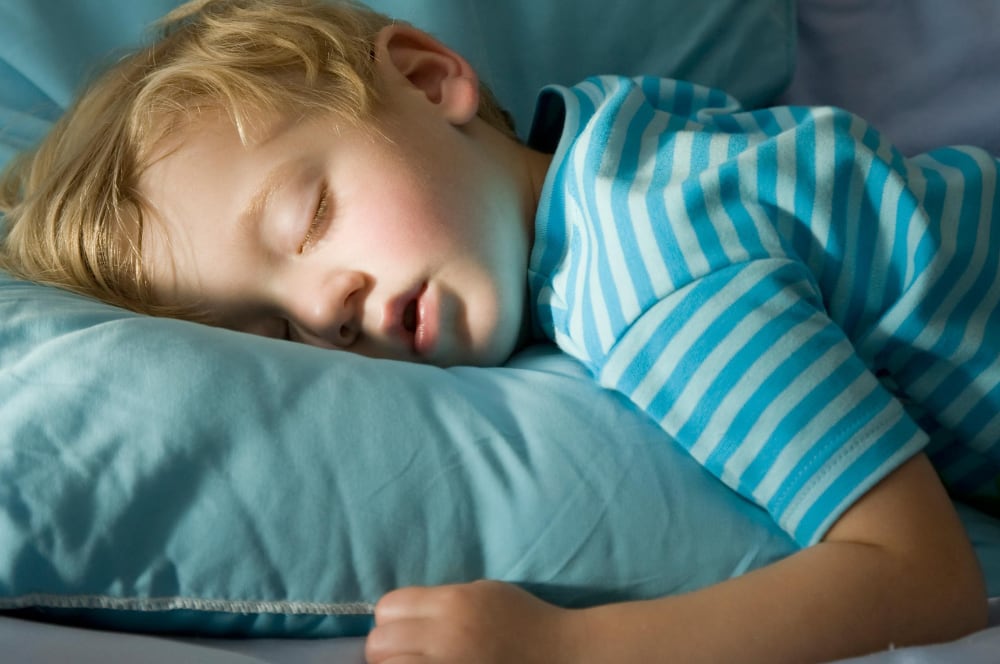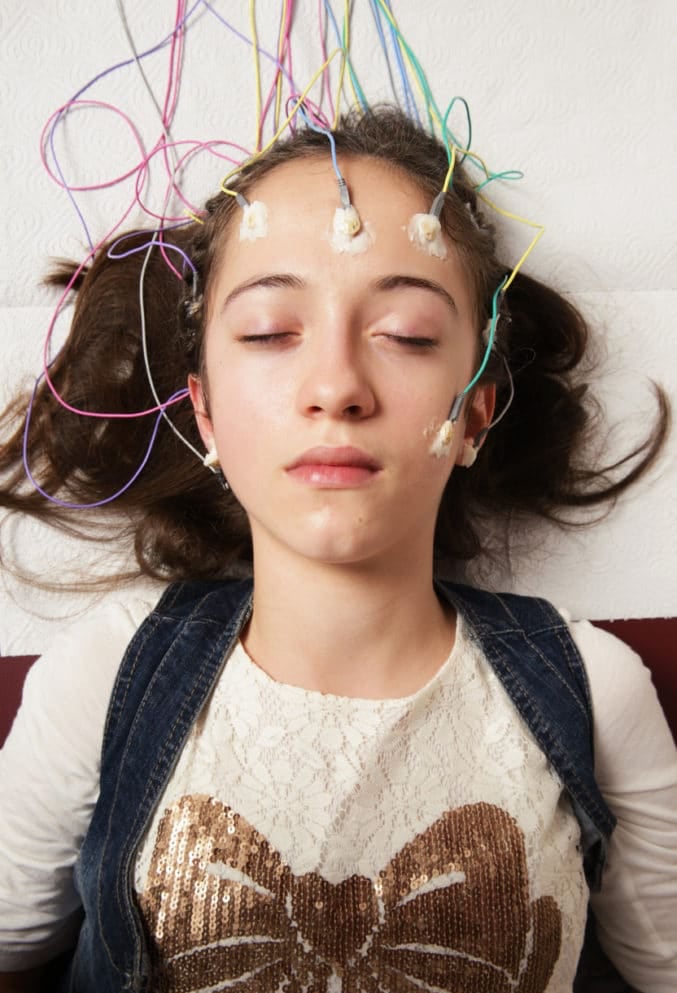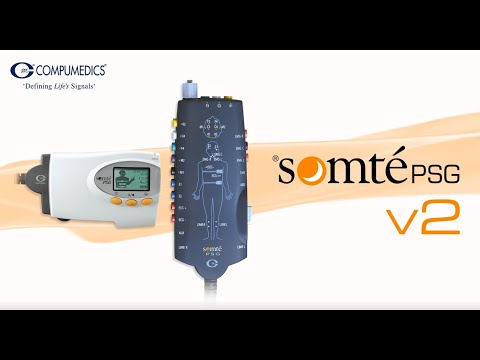Does my child need a sleep study?
Determining whether or not your child needs a sleep study is best done by a qualified healthcare provider, such as a sleep specialist or paediatrician. However, here are some signs and symptoms that may indicate that a sleep study is necessary for your child.
- Loud snoring or gasping during sleep. If your child snores loudly or seems to gasp for breath during sleep, it may be a sign of sleep apnoea or other sleep disorders.
- Difficulty breathing during sleep. If your child struggles to breathe or seems to stop breathing during sleep, it may be a sign of sleep apnoea or other respiratory problems.
- Excessive daytime sleepiness or fatigue. If your child is excessively sleepy during the day or seems to have low energy, it may be a sign that they are not getting restful sleep at night.
- Bedwetting. Bedwetting, especially in older children, can be a sign of sleep apnoea or other sleep disorders.
- Behavioural problems or difficulty concentrating. If your child is having behavioural problems, difficulty concentrating, or seems to be falling behind in school, it may be a sign of sleep deprivation or other sleep disorders.


